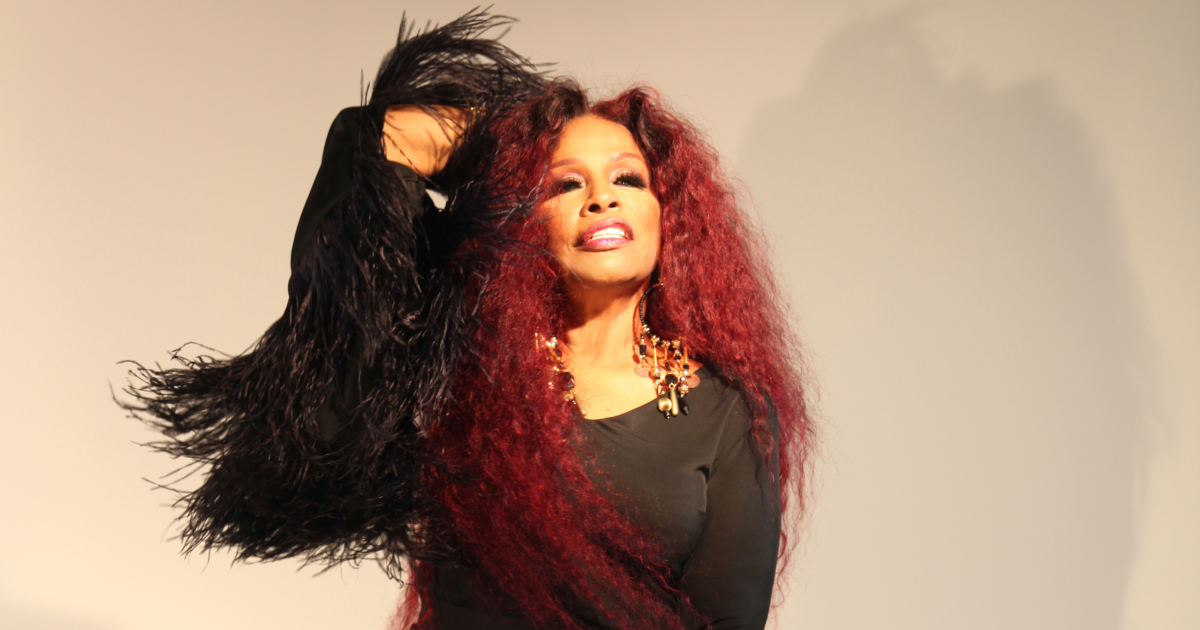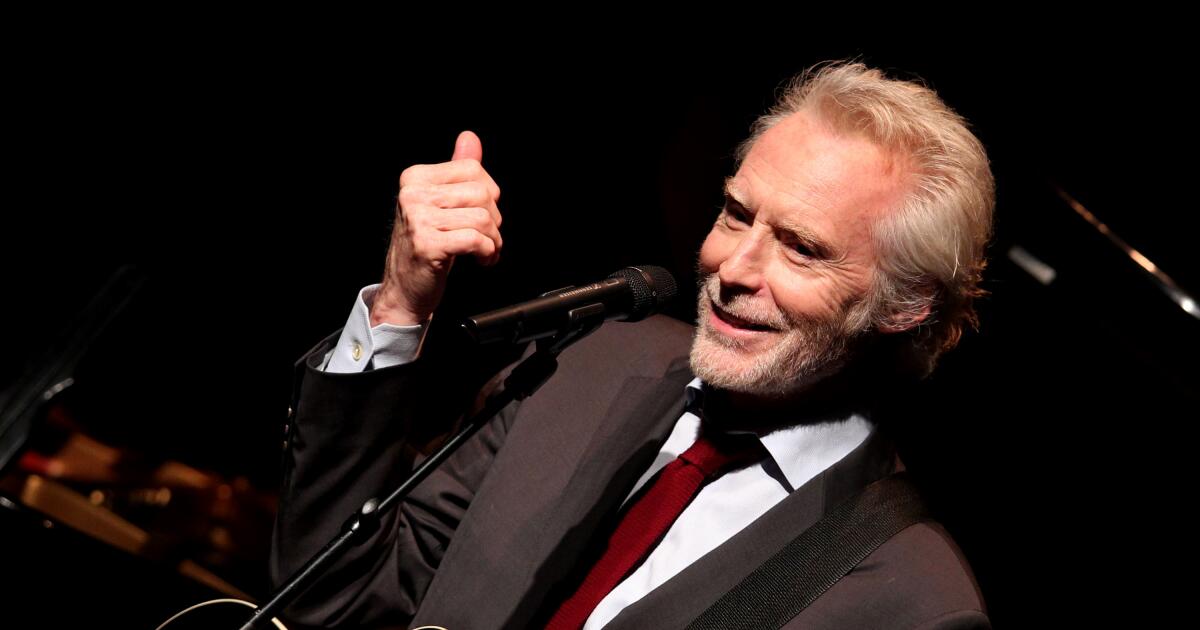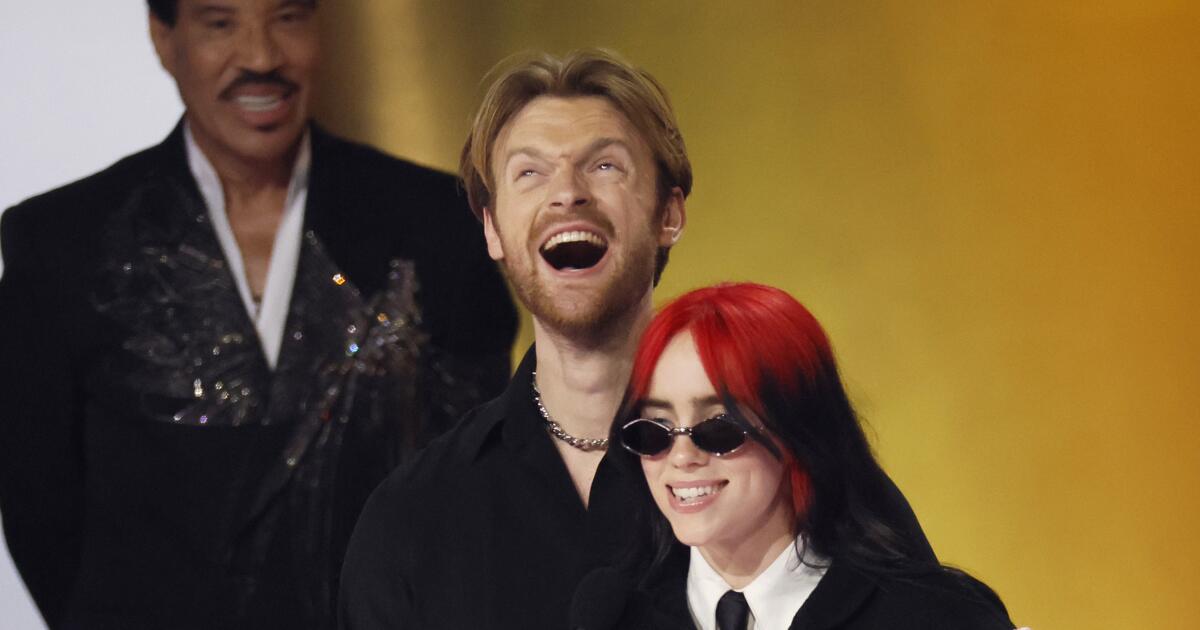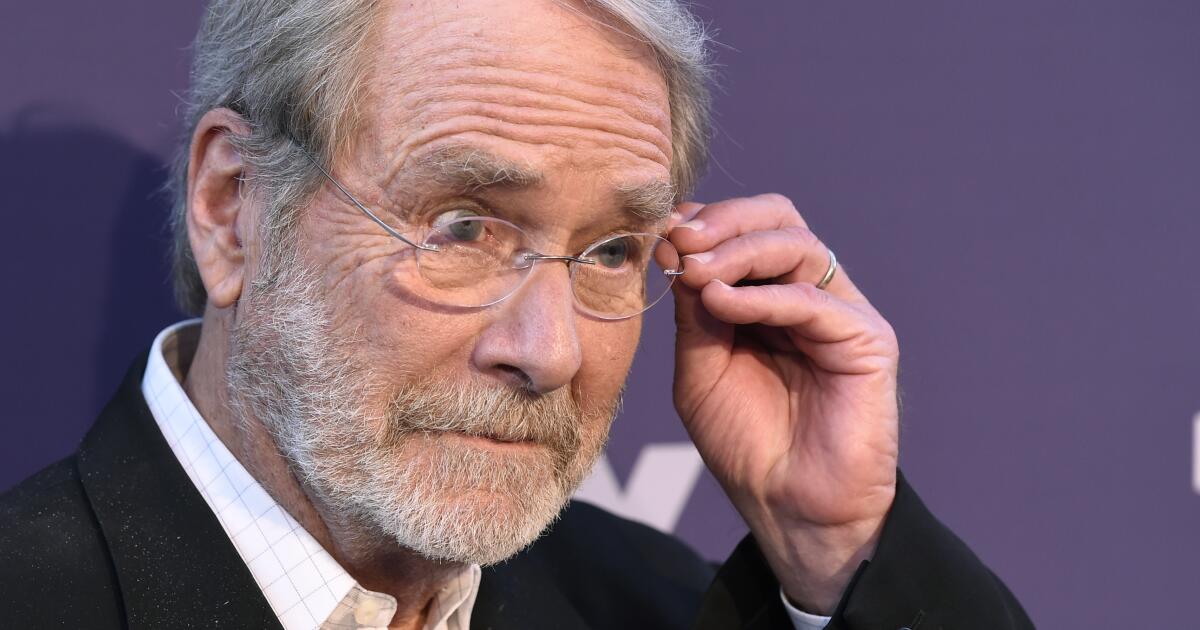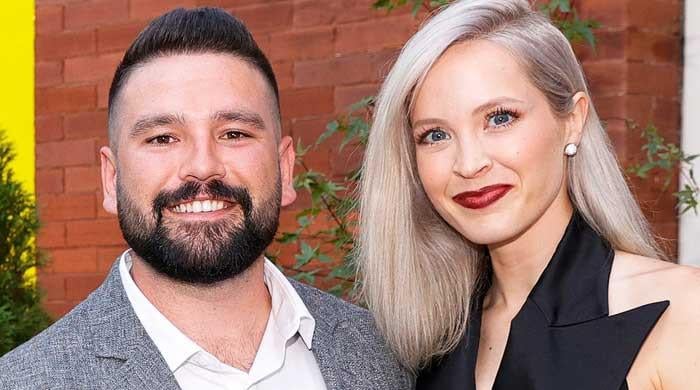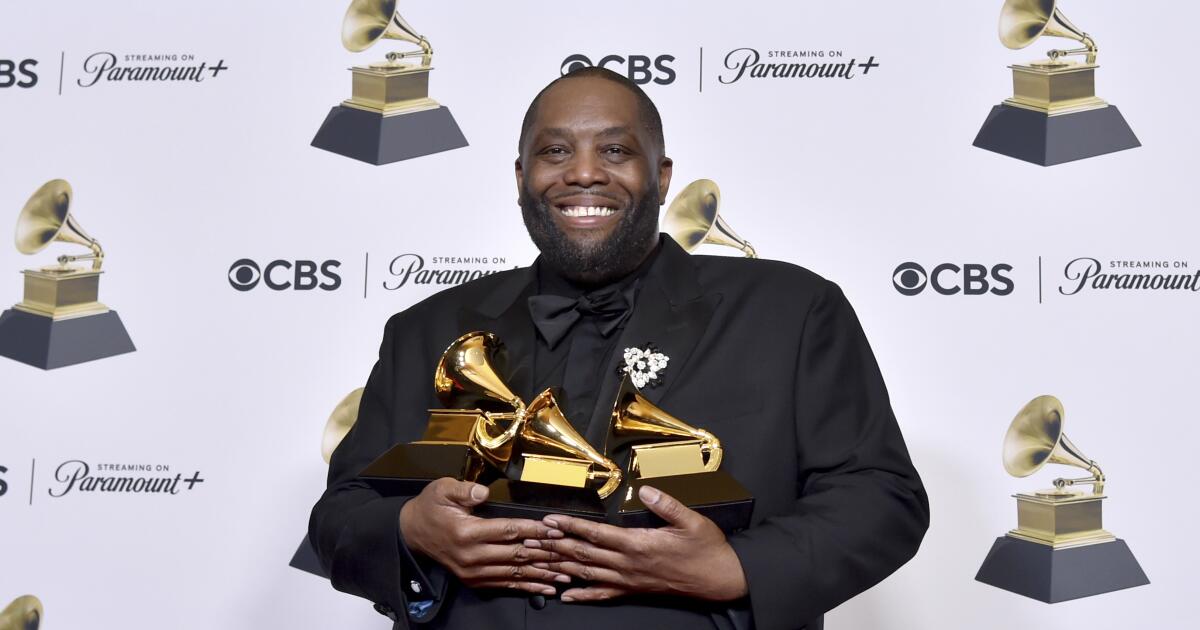It’s never a bad time to be influenced by Chaka Khan, but this seems like an exceptionally good time to remember her. Records like Beyoncé’s disco/house masterpiece “Renaissance” and Sabrina Carpenter’s energetic “Espresso” have DNA from Khan, 71, whose career includes fronting the 1970s funk group Rufus and a solo career spanning generations in rock, R&B, soul and jazz. Her recent Tiny Desk show was a jubilant success.
Khan has two Los Angeles shows coming up: Friday as a headliner at the Hollywood Bowl with the Hollywood Bowl Orchestra, and a featured slot at the classic soul and R&B festival Fool In Love on Aug. 31. We talked about ridiculous men in the music industry, her friendships with the late Prince and Whitney Houston, and what it takes for Black women in music to ask for help and get it.
People loved Tiny Desk's performance. It must be meaningful to see new generations discovering this music and latching onto it.
They woke me up to come sing! We had a great time and it's a beautiful thing. A lot of young people were born and raised with me. I'm already a staple.
You were included in the Rock and Roll Hall of Fame Last year, belated congratulations. Rolling Stone and Rock and Roll Hall of Famer Jann Wenner said some pretty ridiculous things about how women in rock weren’t “articulate enough on this intellectual level.” Did you hear that at the time?
I didn't. Did he really say that? Wow.
Have you encountered that sentiment from men throughout your career?
I've never heard anyone say that women aren't musical geniuses. I think women excel in the arts, period. I don't read a lot of that nonsense that people say. I've found that it's a lot easier to do what you do, do it to the best of your ability, and help and give to those who are interested and want to be something great.
“I’m Every Woman” has been deeply embedded in pop culture for a long time. Are there times when culture turns misogynistic and that song resonates differently?
The song says, “I am all women,” but, you know, in any audience, on any night, everyone sings it. So it’s an empowering song. That’s the important thing. When the song came to me, I was like, “This is really powerful,” but for a while I felt awkward and out of place, because I took it personally. Like, “Yo, Chaka Khan, am all women?” But collectively, we are all women. We’re all human beings, we all have some masculine in us, and we all have some feminine in us.
There are many pop artists who owe you a debt. Obviously, there is influence in Beyoncé’s “Renaissance” and Sabrina Carpenter’s “Espresso” was recently released. a hit and it is reminiscent of the funk of the late 70s and early 80s. Why is that era still so captivating today?
I think 90s music was pretty popular too. [laughs]The thing is, good music never dies. Everything that is beautiful, honest and true never dies. That's what's going on here. It has very little to do with the kind of music that was being released at any given time. As long as the music is quality, I'm glad I made a good impression.
You've never stopped making records, and you've just done it. A very fun song with Sia. And now you're in the studio with her. What's your musical relationship like?
Sia is like my goddaughter. We are so alike in spirit and mind that I wonder where she has been all my life. I wish I had met her sooner. Everything she writes is so intuitive and she understands me. When I asked her, “How do you know that about me?” she replied, “Well, I grew up with you.”
When you write songs today, has your perspective or your singing evolved with age in ways that you find interesting?
Yes, because it has changed. People have changed, things have changed. And so, where we are as singers and musicians, songwriters and poets, the art speaks to what is currently happening in this world. For the most part, it affects us deeply. Now, my music is more introspective. Some of the songs talk about making things happen and having self-esteem and enough pride and courage to do it.
You're playing at the Hollywood Bowl soon. Do you have any fond memories of playing there?
I love it! It's a fantastic place, with fantastic sound and it's so beautiful. There's nature everywhere and when there's a full moon on the night you play at the Hollywood Bowl, there's nothing more beautiful.
Later this year you'll be playing Fool in Love festival with some absolute legends, does it make sense to you that promoters keep creating new festivals around those sounds and eras?
I grew up listening to a lot of that stuff, too. I have a wide variety of music that is part of my background. That's the music I listened to when the family got together, the music I had to listen to because I had no other choice. But once I started buying my own records, I bought a lot of rock and roll, jazz, and progressive stuff. Stevie Wonder and Sly Stone were very special to me.
I wish Sly could be at that show; Frisky is one of my all-time favorite albums. We don't stay in touch with him as often as I'd like, he's never stayed in one place for too long. But we're connected in a very deep way. There are a lot of people who should have been at that show, but weren't.
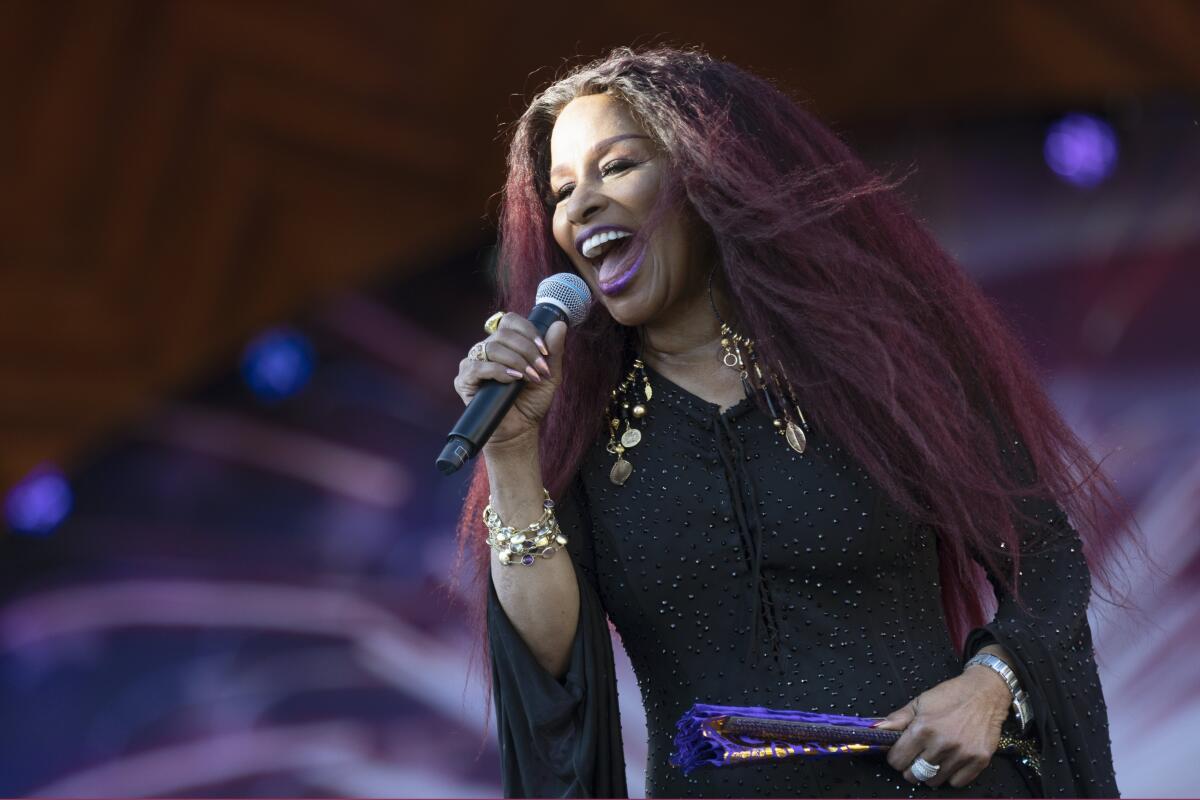
Chaka Khan rehearses for the annual Boston Pops fireworks show on July 4, 2022.
(Michael Dwyer/Associated Press)
Yes, a lot of people close to you or who you've influenced, like Prince, Whitney Houston and Amy Winehouse, didn't get to see this stage of your career. Is it a difficult part of having such a long career, that you end up losing a lot of people?
My grandmother once told me that one day the phone will ring and you will know who it is. It will probably be one of two or three people. It is hard to live a long and rich life like hers. She says you feel more and more alone. My grandmother had a lot of family, but she had times when she missed her friends very much. I miss my friends very much. I really, really do. Whitney [Houston]I miss him deeply. I miss Prince deeply. I miss Miles Davis.
You wrote in your memoirs that during your early years in Rufus and your solo career, there was some pretty heavy partying.
Everyone did it back then!
It was the 70s and 80s, of course. Also He went to rehab in 2016. Was it difficult to make those changes at that stage of your life?
Ultimately, it all comes down to you making the changes, not the rehab. I give very little credit to the rehab society that charges an arm and a leg. In the end, it all comes down to you. If it works for you, I have found that it has very little to do with a sober life like the one I attended and spent so much money on.
White rock stars go to rehab all the time and it's a badge of honor. Is it harder for black women in music to seek out that kind of support?
It's hard for black people in most industries to get what's due to them. I'm not just saying that for the sake of saying it, we all know that. You can see it every day. Yes, it's hard. But I don't focus on it. It's never stopped me from working and trying to achieve my goals. It doesn't make any dent in that at all.
Are there any deep cuts in your live shows today that you're surprised younger people know about?
I'm not surprised by anything with young people. These guys are really on the ball. They know a lot more than we give them credit for. I remember having to search a lot and do some legwork to find the music I wanted to listen to, but today it's all within easy reach.
Before you go, I found your Old episode of Celebrity Ghost StoriesIt sounds like you had a very scary experience with the paranormal! Has anything similar happened to you again?
No, no, no. I learned how to deal with it and what to do. I stayed in a lot of hotel rooms, and you never know what goes on in hotel rooms. People go to hotels to do things they wouldn't do at home. So I learned to clean my rooms when I go in. I'm never without my crucifix, my holy water, and my palo santo. I take it. I don't have any problems anymore.

